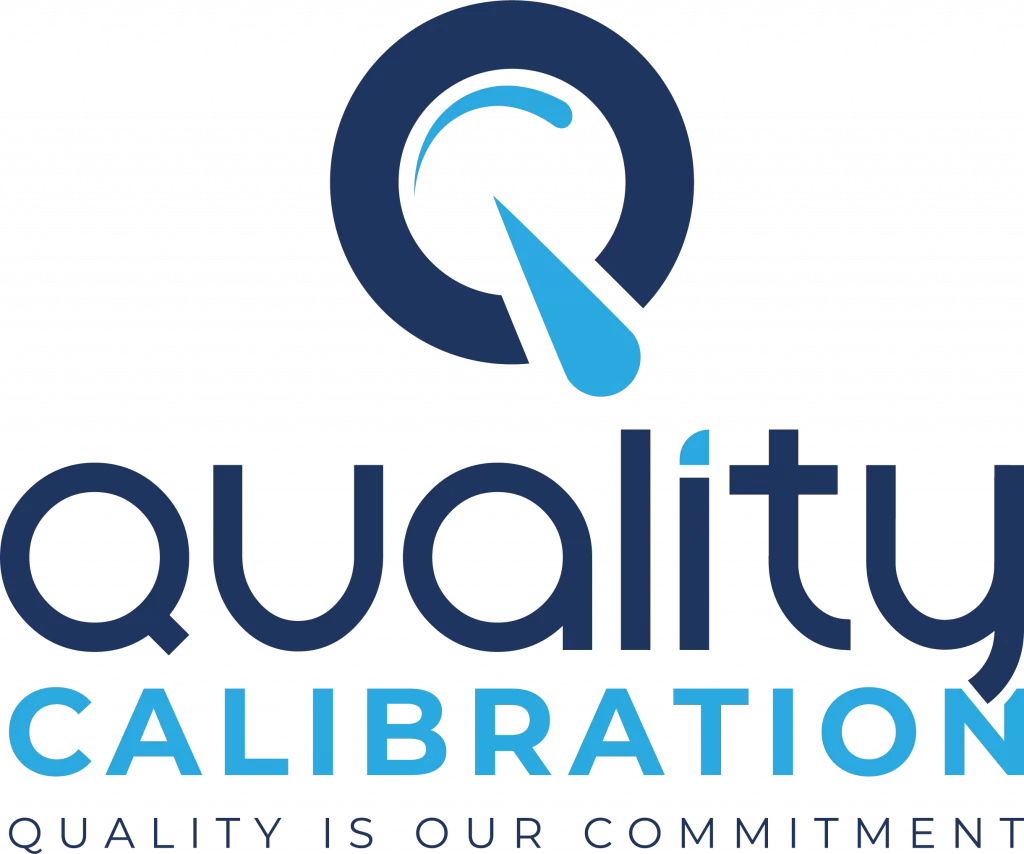A calibration certificate for a thermometer is a crucial document that validates the accuracy and reliability of temperature measurements. Thermometers are widely used in various industries, including healthcare, food processing, HVAC, and manufacturing. Accurate temperature readings are essential for ensuring product quality, safety, and process optimization. In this article, we will explore the significance of calibration certificates for thermometers, the calibration process, key elements of the certificate, and the benefits they offer in maintaining measurement accuracy.
Importance of Thermometer Calibration Certificates
Ensuring Accurate Temperature Readings
Accurate temperature measurements are crucial in various industries such as healthcare, pharmaceuticals, food processing, and manufacturing. Thermometer calibration certificates play a vital role in ensuring that the temperature readings provided by thermometers are precise and reliable. Whether it’s monitoring the temperature of medical equipment, ensuring food safety, or controlling industrial processes, accurate temperature data is essential for making informed decisions and maintaining quality.
Compliance with Regulatory Standards
Industries with strict regulatory standards, such as healthcare and food processing, require accurate temperature measurements to ensure product safety and compliance. Calibration certificates provide documented evidence that thermometers meet the necessary accuracy requirements and comply with industry regulations. During audits and inspections, having valid calibration certificates for thermometers is crucial for demonstrating regulatory compliance and avoiding penalties.
Read about Calibration Certificates for Laboratory Equipment.
Calibration Process for Thermometers
Comparison with Standard
The calibration process involves comparing the readings of the thermometer being calibrated with a reference standard of known accuracy. This reference standard could be a certified temperature probe or a calibration bath with precise temperature control. By comparing the readings with the reference standard, any deviations or inaccuracies in the thermometer’s measurements can be identified and corrected.
Recording Readings and Deviations
During the calibration process, readings from the thermometer being calibrated are recorded at various temperature points. These readings are compared to the corresponding readings from the reference standard. Any deviations or discrepancies between the thermometer’s readings and the reference standard are carefully noted. This step helps evaluate the accuracy and performance of the thermometer.
Adjustments and Corrections
If significant deviations or inaccuracies are observed during the calibration process, adjustments or corrections are made to the thermometer. These adjustments aim to align the thermometer’s readings with the readings of the reference standard. Calibration technicians may adjust the thermometer’s calibration factors or make physical adjustments to ensure accurate measurements.
Key Elements of a Thermometer Calibration Certificate
Identification of the Thermometer
The calibration certificate begins with the identification of the thermometer being calibrated. This section includes details such as the thermometer’s model, serial number, and other unique identifiers. Accurate identification ensures that the certificate corresponds to the specific thermometer under calibration.
Calibration Date and Expiration Date
The certificate specifies the calibration date when the thermometer was calibrated. Additionally, it indicates the expiration date of the certificate, highlighting the need for regular recalibration. It is essential for businesses to adhere to the recalibration schedule to ensure continued accuracy.
Calibration Standards and Procedures
The certificate provides information about the calibration standards used during the calibration process. It outlines the specific procedures followed to ensure consistency and traceability in the calibration process. Calibration standards and procedures may vary depending on the type and accuracy requirements of the thermometer.
Temperature Readings and Uncertainties
The certificate includes the thermometer’s pre-calibration and post-calibration readings at various temperature points. Additionally, it provides information about the measurement uncertainties associated with the calibration results. Measurement uncertainties indicate the range of potential errors in the calibration process and provide insights into the accuracy of the thermometer’s measurements.
Adjustments and Corrections
If any adjustments or corrections were made to the thermometer during calibration, they are documented in the certificate. This section highlights any deviations found during the calibration process and the actions taken to ensure accuracy. Businesses can use this information to understand the overall performance of the thermometer and assess its calibration effectiveness.
Calibration Lab Information and Accreditation
The certificate contains essential details about the calibration laboratory, such as its name, address, and contact information. It also indicates the laboratory’s accreditation status, ensuring that the calibration services are provided by a qualified and accredited facility. Accredited calibration labs follow international standards and undergo regular assessments, providing added assurance of the calibration’s reliability.
Read general elements of calibration certificate
Authorized Signatures and Stamps
Thermometer calibration certificates are signed and stamped by authorized personnel from the calibration laboratory. These signatures and stamps authenticate the validity and reliability of the certificate. They also ensure that the certificate is an official and recognized document.
Benefits of Thermometer Calibration Certificates
Ensuring Product Quality and Safety
Accurate temperature measurements are critical for industries where product quality and safety are paramount. Calibration certificates provide assurance that the thermometers used in these industries are reliable and provide precise readings. For instance, in the pharmaceutical industry, accurate temperature monitoring ensures the effectiveness and stability of drugs and vaccines.
Optimizing Process Efficiency
Temperature accuracy is essential in optimizing various processes. In manufacturing, precise temperature control can lead to improved product quality and reduced energy consumption. HVAC systems rely on accurate temperature measurements to maintain comfortable and efficient indoor environments.
Regulatory Compliance and Audit Preparedness
Industries with strict regulatory standards must adhere to calibration requirements. Calibration certificates demonstrate compliance with these standards and ensure businesses are prepared for audits and inspections. Compliance with regulatory standards is especially critical in industries where product quality and safety are heavily regulated, such as healthcare and food processing.
Longevity of Thermometer
Regular calibration and adherence to maintenance schedules prolong the life of thermometers. Calibration certificates help identify potential issues early, allowing for timely repairs and preventing costly breakdowns. By maintaining calibrated and well-functioning thermometers, businesses can avoid downtime and reduce replacement costs.
Bottom Line
Calibration certificates for thermometers play a crucial role in ensuring accurate temperature measurements in various industries. They provide evidence of compliance with regulatory standards and validate the reliability of the thermometer’s readings. By prioritizing regular calibration and maintaining accurate calibration certificates, businesses can uphold measurement accuracy, ensure product quality and safety, and optimize their processes for enhanced efficiency. Calibration certificates are not just pieces of paper; they are essential tools that contribute to the success and competitiveness of businesses in today’s precision-driven world.

Md. Hasan Ibrahim is a Technical Manager at Quality Calibration with extensive experience in the calibration sector since 2015. Holding a Bachelor of Science degree in Mechanical Engineering from Khulna University of Engineering & Technology (KUET), he has received training from various national and international organizations including CSIR-CMERI, QSI, BAB, NML-BSTI, memmert, and X-rite. With expertise in ISO/IEC 17025 assessment, method validation, metrological traceability, and uncertainty, he has successfully completed numerous calibration projects across diverse industries such as pharmaceuticals, food & beverage, oil & gas, textiles & garments, power plants, batteries, chemicals, hospitals & healthcare, and private universities.


